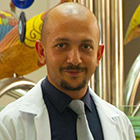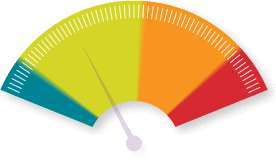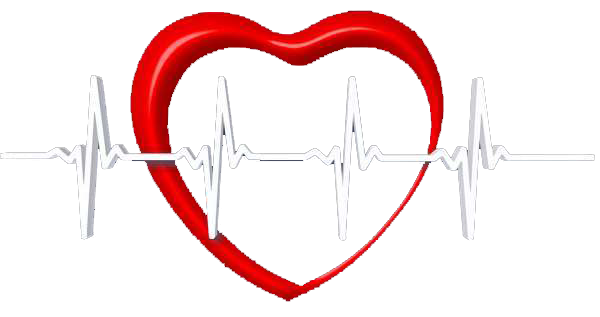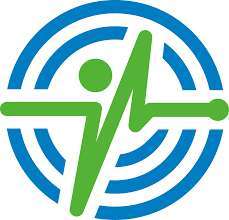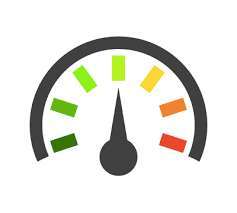Obesity Treatment
1. Nutrition (Diet) Therapy
The control of food intake is prepared according to certain nutrition and diet programs which help obese persons to lose weight. This method is used quite often around the world. The diet to be followed in the obesity treatment should be personalized. The age, sex, habits, biochemical findings, obesity levels of a patient and whether she/he has a disease affect the diet program. It is undesirable to apply diet programs that are not professionally prepared for obese persons or people who complain about their weight.
The diet should be prepared by experienced dietitians, and before the therapy, the nutritional history of them should be taken in detail. After all findings evaluated, the person is educated and informed in detail about their diet, and the process is followed up exactly. The diets not supported by education and monitoring are extremely difficult to administer and the success rate is low. Even if this diet therapy succeeded, in order to not regain weight in the long term, a preventive diet program should be arranged. Additional strategies for weight loss should be developed in order to control the weight in the long term.
2. Exercise Therapy
The exercise is indispensable for all obesity treatments. In order that metabolism function healthy, exercises need to be involved in daily life. It is important detail of the exercise therapy that the person should tend towards enjoyable activities in daily, weekly, and monthly programs. No matter which treatment modality administers:
- If daily calorie burning is more than daily calorie taking, the person loses weight.
- If daily calorie taking is more than daily calorie burning, the person gains weight.
3. Behavioral Change Treatment
This treatment encourages obese persons to recognize and change the environmental factors and lifestyles that get incline them to eat more than normal weight individuals. The aim of behavioral change treatment is to change grazing (snacking), night eating disorder, and the habits like eating when depressed or sad and to increase self-monitoring ability of the obese person. Several methods are used in behavioral change treatment.
4. Pharmacological Treatment
Obesity has tried to be cured with medicines for many years. Although various expert opinions vary in this subject, it is vital importance that non-addictive medicines which take effect on obesity should be used with doctor’s check and advices after extensive physician evaluations. Also it is important that safety of these medicines in terms of health has been determined, it shows an effect appropriate to the etiology that causes obesity, to have no significant side effects and to not be addictive in the short and long term, and to use such drugs under the advice and control of the physician.
In order for the obesity treatment to succeed, the patient should accept to continue the medical nutrition therapy and exercise therapy as well as medication, and also should come to his or her medical checkups regularly.
5. Surgical Therapy
Medical treatments are insufficient for weight loss in general. Surgical procedures have become the main part of morbid obesity treatment. Therefore in the last 60 years, some surgical techniques have used in accordance with this purpose. Gastric Bypass, Sleeve Gastrectomy, Adjustable Gastric Banding, and Biliopancreatic Diversion are most applied surgical operation in this field. All these surgeries are performed laparoscopically. Eating a little and early satiety due to reduction of stomach resulting from the surgical operation and malabsorption as a result of the bypass causes excess weight loss.
References:
Fazıl Sağlam, Hakan Güven Okmeydanı Tıp Dergisi 30 (Ek sayı 1):60-65, 2014.


